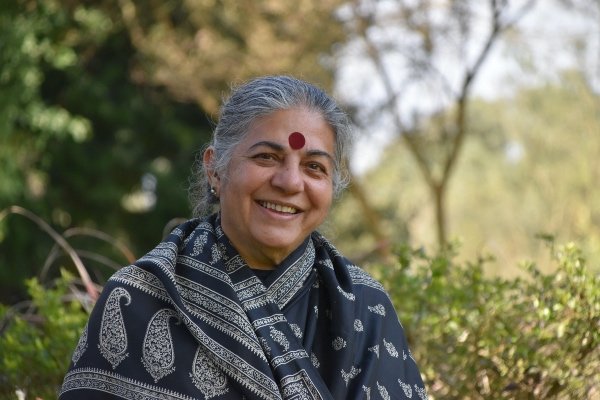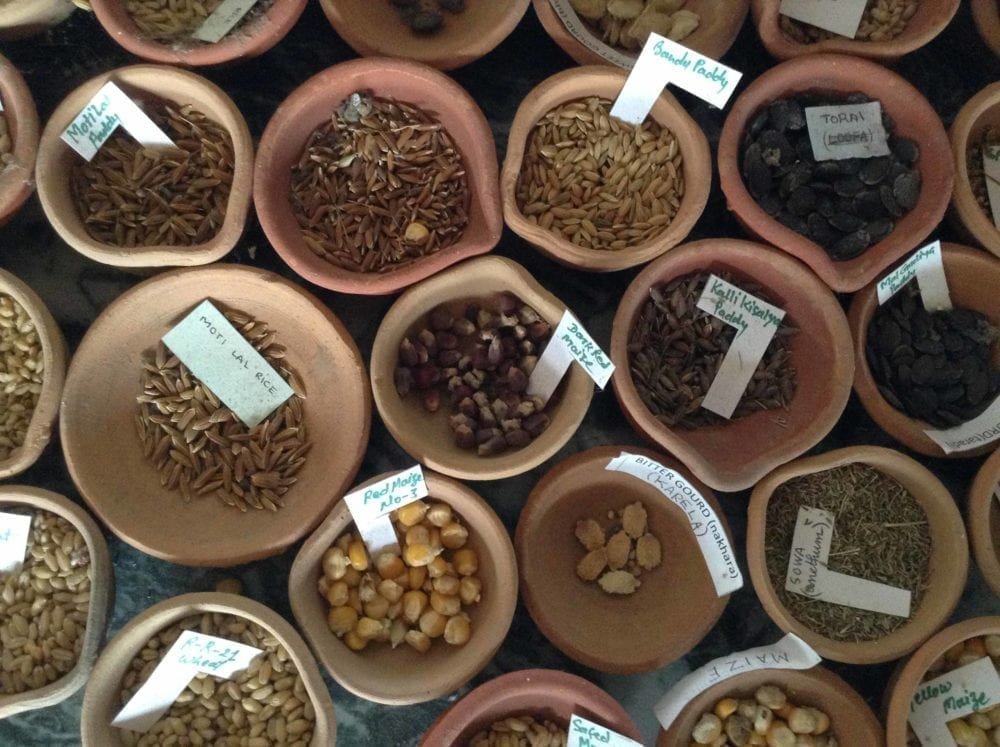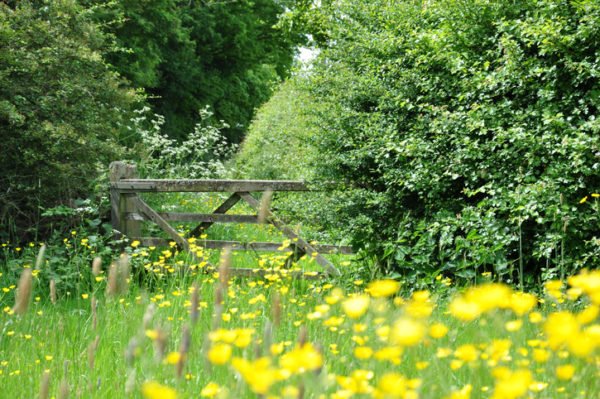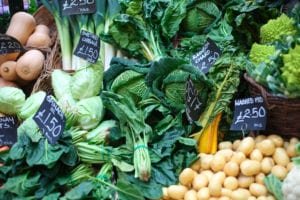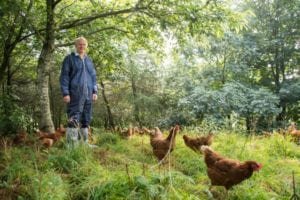This article first appeared in our International Women’s Day issue of My Green Pod Magazine, published on 08 March 2023. Click here to subscribe to our digital edition and get each issue delivered straight to your inbox
This May I will be in London to speak at Compassion in World Farming’s Extinction or Regeneration Conference.
The important meeting will bring together many of my peers, who are fighting for diversity conservation and regenerative farming around the world, to discuss how we drive transformation of the world’s food systems away from industrial farming and corporate greed for better human, animal and planetary health.
Factory farming/industrial agriculture is not farming, it is a war against the land, small farmers and food democracy, destroying biodiversity and poisoning the land.
Corporate control
I have dedicated my life to saving seeds and promoting organic farming as an alternative to a world dictated and controlled by corporations.
In 1987, at a big conference, the biotech industry laid out its plans – to patent life, to genetically engineer seeds, crops and life forms and to get full freedom to trade through the General Agreements on Tariffs and Trade (GATT) negotiations, which culminated in the creation of the World Trade Organisation (WTO).
Our highest duty
The idea of life forms, seeds and biodiversity being reduced to corporate inventions and, hence, corporate property, was abhorrent to me.
Further, if seeds become ‘intellectual property’, saving and sharing them becomes intellectual property theft!
Our highest duty, to save seeds and look after our biodiversity for the next generation, becomes a criminal act.
The legalising of owning and monopolising life through patents on seeds and plants was morally and ethically unacceptable to me.
Foods of the future
So I started Navdanya, which promotes biodiversity conservation, and seed-saving and sharing among farmers.
An Earth-centred, women-centred movement, Navdanya has created over a hundred community seed banks through which seeds are saved and freely exchanged among our 300,000 members.
We have brought back forgotten foods like jhangora (barnyard millet), ragi (finger millet), marsha (amaranth), naurangi dal and gahat dal.
Not only are these crops more nutritious than globally traded commodities, they are more resource prudent, requiring only 200-300mm of rain compared with 2,500mm for chemical rice farming.
Millets could increase food production 400-fold, using the same amount of limited water.
These forgotten foods are foods of the future, and farmers’ seeds are the seeds of the future.
For the farmer, the seed is not merely the source of future plants and food; it is the storage place of culture, of history.
The seed is the first link in the food chain, it is the ultimate symbol of food security.
 Play Video about This Rock Might Just Save The World
Play Video about This Rock Might Just Save The World Play Video about Play 2 hours of rock
Play Video about Play 2 hours of rock Play Video about Play 2 hours of brook
Play Video about Play 2 hours of brook Play Video about Play 2 hours of sheep
Play Video about Play 2 hours of sheep

















